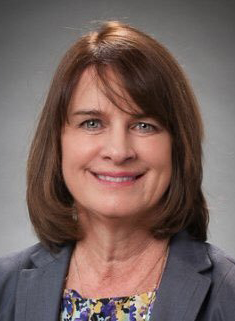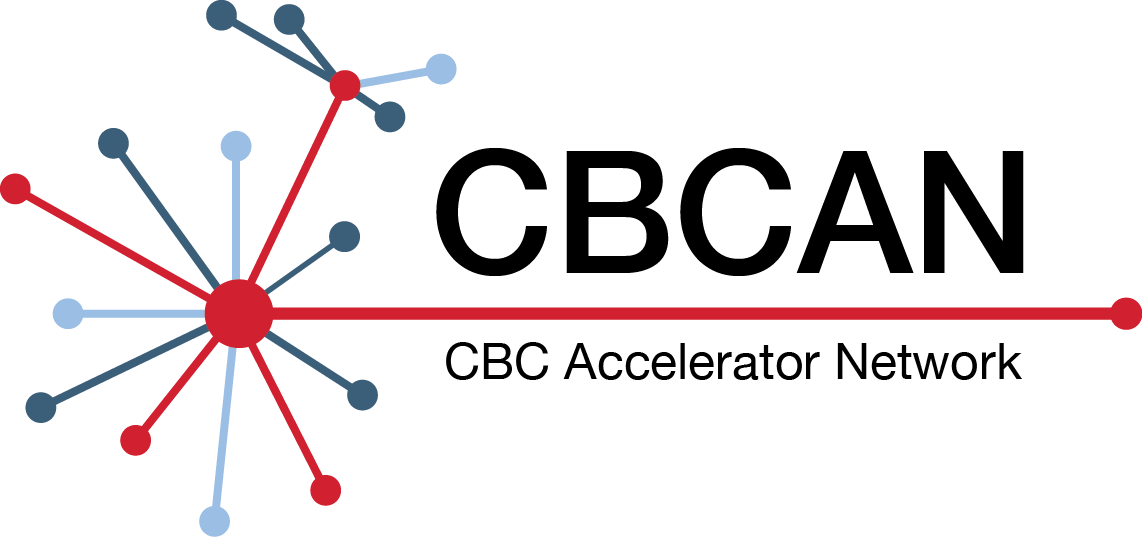May 28, 2020 | Jola Glotzer
CBCAN gains “virtual” momentum
The UChicago’s Polsky Center for Entrepreneurship and Innovation recognizes four UChicago teams pitching “ZOOM-live” at the Chicago Biomedical Consortium Accelerator Network (CBCAN) as part of a competition for the CBC Accelerator Award
The CBC is pleased to share that its Phase 2 efforts to support early translational research are being recognized by the wider Chicago community. In a UChicago’s Polsky Center for Entrepreneurship and Innovation’s News article published online earlier today (see below), four UChicago research teams are praised for their advancement in the process of applying for the CBC Accelerator Award. The Accelerator Award program aims to support the initial, and therefore highest risk, stage of commercially-directed research focused on the development of a therapeutic or an associated biomarker or diagnostic. The program provides funding of up to $250,000 over a two-year period.
The four UChicago teams – the highest number of applicants originating from UChicago since the CBC Accelerator Award inception in 2018 – are among 12 teams competing for the Accelerator Award in its fourth application cycle. The other eight include five teams from NU and three teams from UIC. At this stage, the teams pitch their research projects at the CBC Accelerator Network (CBCAN) meetings which are typically held live, but are currently run virtually through ZOOM due to the COVID-19 pandemic.
Established in 2017, the CBCAN is a forum bringing together industry experts, university tech transfer officers, researchers and others from the local and extended biomedical ecosystem with discoveries that may have commercial potential. It has been central to the CBC Accelerator Award program by providing an opportunity for the CBC Accelerator Award applicants to present their Letters of Intent (LOIs) in front of a broadly-experienced audience and to receive community input and early commercial guidance that universities and university-based researchers need. The feedback received during the CBCANs has been valuable to ultimately strengthen the applicants’ full proposals to be submitted in the next phase of the application process.
The first of the CBCAN ZOOM meetings dedicated to the LOI presentations submitted in this Accelerator Award application cycle took place on May 7 and was attended by a record 130+ participants! The second virtual CBCAN meeting will take place today at 4 PM. Six LOIs will be presented.
Polsky News | May 28, 2020
Four UChicago Projects Advance in Chicago Biomedical Consortium Accelerator
The latest cohort of the Chicago Biomedical Consortium Accelerator Network (CBCAN) program includes four teams from the University of Chicago.

Nancy Tyrrell
“This is the greatest number of UChicago projects to advance to the finalist pool since the inception of the Accelerator Award program,” said Nancy Tyrrell (right), associate director of translational activities at the Chicago Biomedical Consortium (CBC). Tyrrell said this success is due to information sessions held on the UChicago campus earlier this year, which helped get the word out.
Robert Okabe, venture development principal at the Polsky Center for Entrepreneurship and Innovation, and several faculty members participated. Okabe said the grants help “researchers make progress toward closing the ‘valley of death’ between lab science and commercially viable technologies.”
“Researchers who present their discoveries at CBC Accelerator events receive a lot of helpful feedback that informs their work from scientific and commercial perspectives,” he said. “This is a great opportunity to continue scientific commercialization in an economic environment where pre-seed and seed money may become even harder to find.”
The mission of the CBC is to stimulate collaboration among scientists at Northwestern University, the University of Chicago, the University of Illinois at Chicago, and others to accelerate discovery that will transform biomedical research and improve the health of humankind. The CBCAN*, which was launched in 2018, provides funding opportunities** for early-stage therapeutic technologies. The finalists are eligible to receive up to $250,000 in funding – $100,000 for the first year and, if they reach certain goals and milestones, $150,000 for a second year.
Twenty-eight teams in March submitted applications, which were reviewed before the final 12 teams were chosen. Earlier this month, the first six teams presented. Tonight, the remaining final pitches will be heard.
The eight minutes presentations are followed by 10 minutes of question and answer, during which the presenters receive feedback and comments about their work. “The Q&A is about the science and helping the presenters improve the translational potential of their project,” said Tyrrell.
In June, the teams will submit their full proposals, addressing the feedback from these meetings, for final review by the Accelerator review board. The aim is to further demonstrate the potential for translation and better position the science to attract other investors.
The review board will in August announce those who will receive full funding – generally around four teams. Those teams that do not receive full funding are still eligible for a grant, which is usually up to $30,000, to further develop their ideas and, hopefully, set them up for success in the next program round.
Current UChicago researchers participating in the Accelerator Award program:
-
Yun Fang, PhD and Matthew Tirrell, PhD
Targeted Nanomedicine for Treating Arteriovenous Fistula Failure -
John Staley, PhD
Targeting Alternative Splicing as a Biomarker for Metastatic Melanoma and Beyond -
Eugene Chang, MD
Accelerating Preclinical Development of Novel Therapies for Drug Resistant Fungi -
Ronald Rock, PhD and Ralph Weichselbaum, MD
Targeting Cell Mechanics to Block Progression of Metastatic Breast Cancer
Due to the early-stage of the research, the presentations are confidential. CBC requires all CBCAN participants and attendees to sign a confidentiality agreement that is included on the registration form.
For more information, visit www.chicagobiomedicalconsortium.org.
The *CBCAN is a forum bringing together industry experts, university tech transfer officers, researchers and others from the local and extended biomedical ecosystem with discoveries that may have commercial potential. It has been central to the **CBC Accelerator Award program which supports translational research by providing funding of up to $250,000 over a two-year period. Prior to submitting full proposals, selected CBC Accelerator Award applicants present their project at the CBCAN meetings to receive community input and early commercial guidance that universities and university-based researchers need, and to ultimately strengthen their applications.
Source:
Adapted (with modifications) from the Polsky News, published on Thursday, May 28, 2020.

